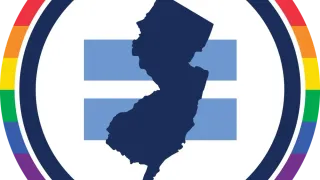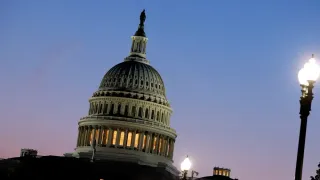June 14, 2015
Only In Florida: Woman Reports Drug Deal Rip-Off, Ends Up Charged
Bobby McGuire READ TIME: 1 MIN.
Authorities say a South Florida woman who called 911 to report that she was getting stiffed in a drug deal ended up reporting on herself: She now faces charges, including drug possession.
The Broward Sheriff's Office reports that 19-year-old Daneshia Heller told a 911 operator Tuesday that she went to a Fort Lauderdale home to buy marijuana, but a man there took her $5 without giving her the drugs.
Officials say a deputy checked a white substance in Heller's pocket, which tested positive for alpha-PVP, a psychosis-inducing street drug known as flakka.
The South Florida Sun Sentinel ( http://goo.gl/RoGH3s ) reports that Heller was charged with drug possession and misusing the 911 system. Jail records show Heller was in custody without bond for violating the terms of her release on an unrelated misdemeanor battery charge. Jail records didn't list an attorney who could be contacted for comment on her case.






